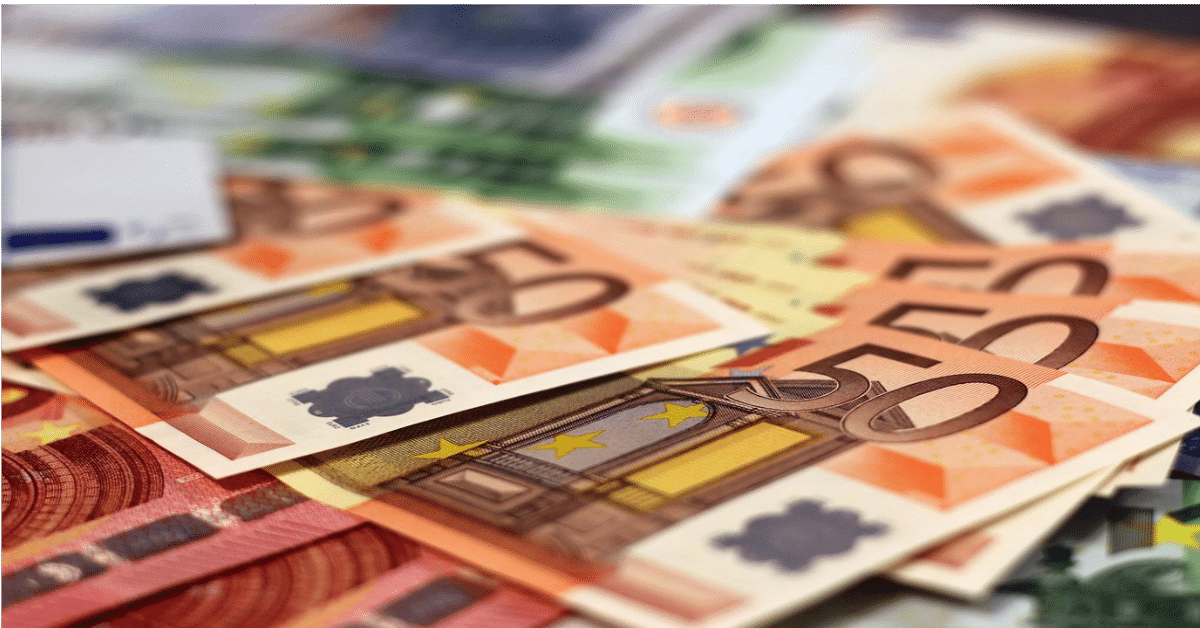Belgium continues to dole out large amounts of environmentally harmful subsidies. There have been some steps towards reform, but they remain insufficient. Thorough fiscal and energy-taxation reforms need to be a fundamental part of the next NECP
– Belgium continues to dole out large mounts of environmentally harmful subsidies.
– There have been some steps towards reform, but they remain insufficient.
– Thorough fiscal and energy-taxation reforms need to be a fundamental part of the next NECP.
The Belgian list of expensive, environmentally harmful and often socially regressive subsidies is long. Although there has been much progress in terms of transparency and some progress in ameliorating some of these subsidies, the numbers remains staggering. Moreover, the energy crisis has induced a new round of subsidies, which have often amounted to poorly targeted support measures for fossil energy.
The main components of in Belgian environmentally harmful subsidies have been the system of salary cars and fuel cards, the provision of professional diesel (excise duty reductions for trucks), and fossil energy subsidies for firms. According to an analysis from the federal government, the federal fossil subsidies amounted to 13 billion euros in 2020.
A small portion (some €200 million) of these subsidies went to targeted social measures. In terms of size, however, they pale in comparison to other fossil benefits: the favorable regime for company cars amounted to €1.8 billion in 2019, the benefits for fuel cards cost €490 million, the advantageous VAT and fuel tariffs to the aviation industry together cost €600 million. The industrial sectors, in turn, enjoy, under certain conditions, a favourable gas tariff that deprives the state of more than €900 million in revenue annually. At the same time, household energy bills rose, with electricity in particular having to bear numerous charges.
Many of these subsidies are socially regressive: more than 60% of company car benefits go to the 10% highest incoms, heavy industry collectively receives more than €3 billion in benefits per year, and even the exempted kerosene tax mainly benefits wealthy frequent flyers. During the energy crisis, there was a flurry of with VAT reductions on electricity and natural gas, excise duty reductions, energy grants, and rebates for industrial firms, … While dedicated social measures were justifiable and necessary, much of the support policy was untargeted, and helped sustained the use of fossil fuels rather than speeding up the energy transition.
This large-scale support of the fossil economy urgently needs to stop.Although the federal government has made some progress in electrifying company cars and reducing fossil support to the transport sector, these interventions remain insufficient. The federal and regional levels should together work out a thoughtful climate reform of the (energy) tax system with clear climate incentives, supportive social policies, and large-scale investment in sustainable and accessible alternatives.

